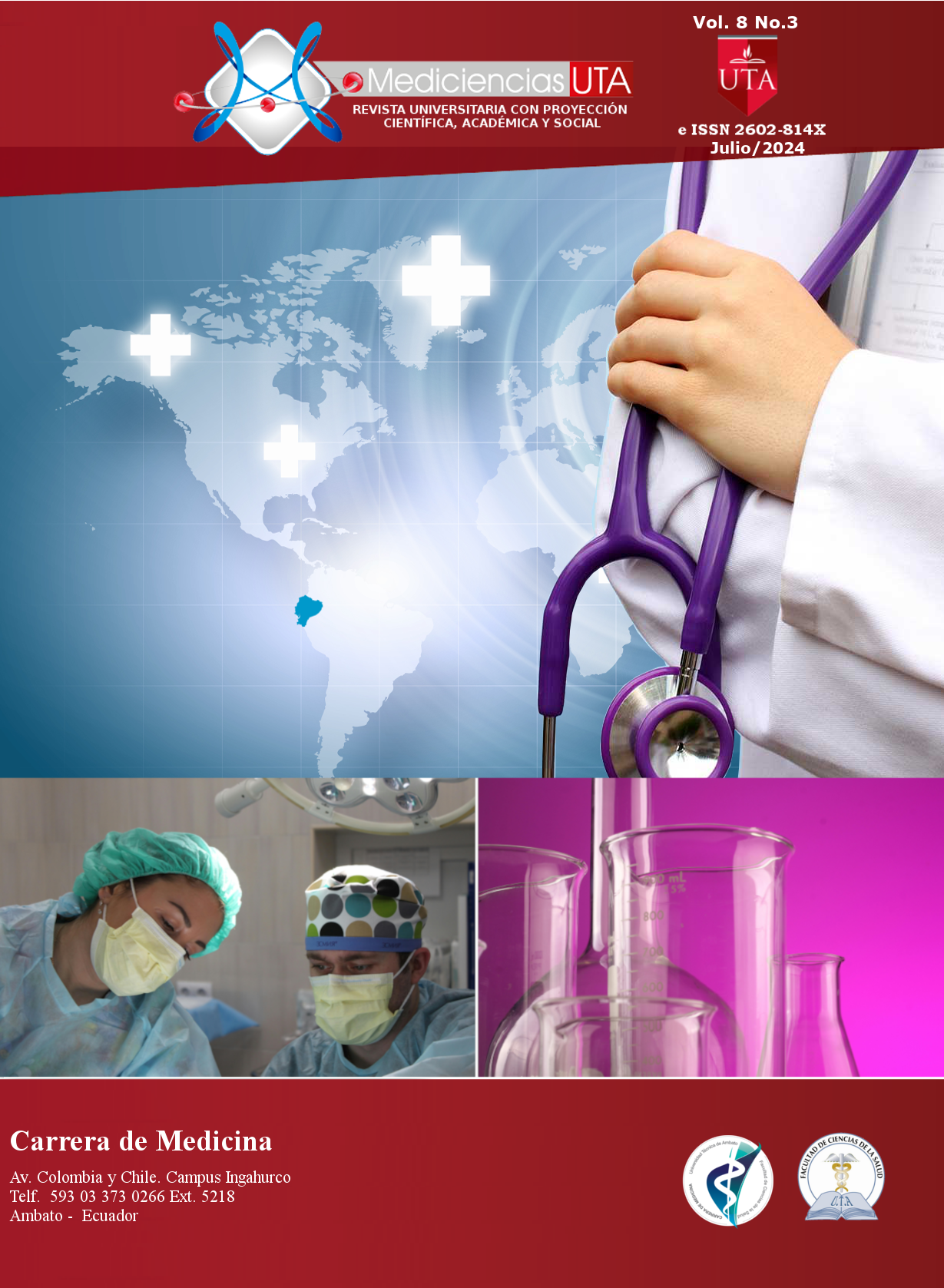Study of diet and exercise in polycystic ovary syndrome (PCOS) in women of reproductive age
Main Article Content
Abstract
Introduction: Polycystic ovary syndrome is the most common chronic endocrinopathy in women of reproductive age. It has become a heterogeneous syndrome due to its presentation, evolution over time and short- and long-term consequences. Objective: To carry out a systematic review on the effect of diet and exercise on PCOS, in women of reproductive age, by searching transcendental literature for its correct non-pharmacological management. Methods: the article is a systematic review, describing results published in health journals and databases. For its development, more than 20 articles were selected, including systematic reviews, randomized controlled trials, review articles, clinical practice guidelines and original works. Results: PCOS is a common disorder that affects 5 out of 10 women of reproductive age. The causes are not well identified; some studies suggest identifying alterations in the genetic component, while others relate it to intra- or extrauterine environmental factors. Apparently, the most effective treatment for PCOS “according to data obtained from systematic reviews and randomized controlled trials” remains a change in lifestyle, with the implementation of a low-carbohydrate diet and the development of regular physical exercise. Conclusions: Women require a series of drugs to control hirsutism, anovulation and menstrual irregularities with the possibility of triggering adverse reactions; However, as a first-line treatment, women with PCOS should be encouraged to practice exercise regularly as it reduces insulin resistance, body weight, blood lipids, glucose and improves self-esteem
Downloads
Article Details

This work is licensed under a Creative Commons Attribution-NonCommercial-ShareAlike 4.0 International License.



